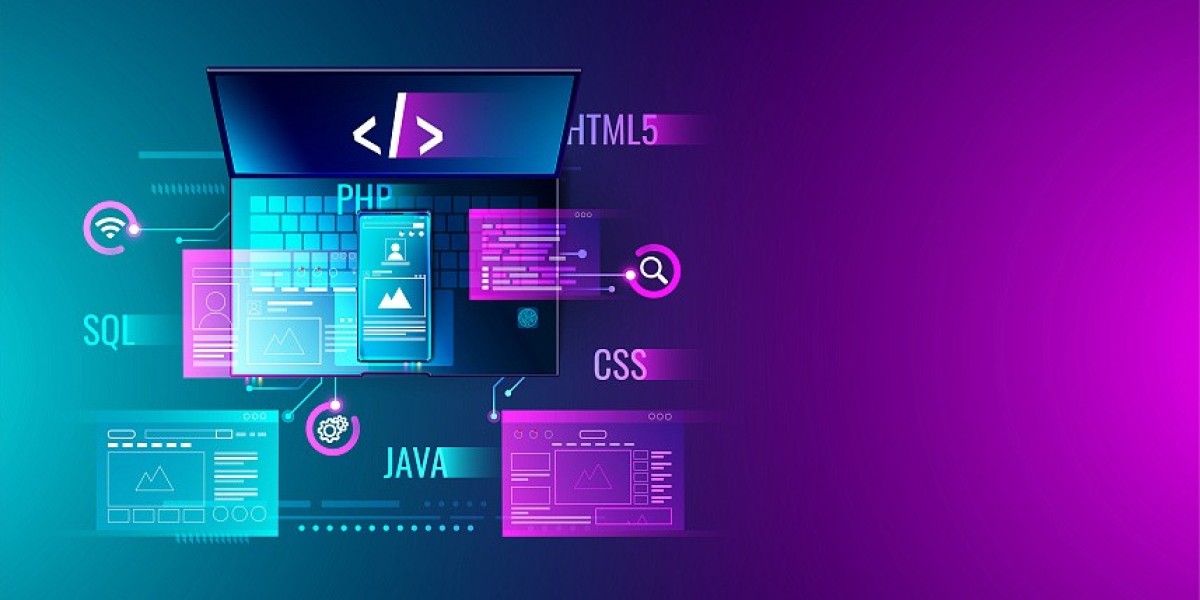مخدة ريش طبيعي - مخدات ريش - مخدة ريش
هل تبحث عن تجربة نوم فاخرة وغارقة في النعومة؟ هل تحلم بمخدة تتكيف مع شكل رأسك ورقبتك لتمنحك شعورًا بالاحتضان والراحة المطلقة؟ إذا كانت إجابتك نعم، فربما حان الوقت لتكتشف سحر مخدة الريش الطبيعي. لطالما ارتبطت مخدات الريش بالرفاهية الفندقية والنوم المريح، واليوم يمكنك جلب هذه التجربة إلى منزلك.
يهدف هذا المقال إلى استكشاف مميزات وعيوب مخدات الريش الطبيعي، وما الذي يجعلها خيارًا فريدًا للكثيرين، بالإضافة إلى تسليط الضوء على الجودة الفائقة التي تقدمها شركة Deep Sleep في مجموعتها من مخدات الريش.
ما هي مخدة الريش الطبيعي؟
تُصنع مخدات الريش الطبيعي من حشوات مستخرجة من الطيور، غالبًا البط أو الإوز. هناك نوعان رئيسيان من حشوات الريش:
- الزغب (Down): وهي الطبقة الناعمة والرقيقة من الريش التي توجد تحت الريش الخارجي للطيور. لا تحتوي على سيقان أو أعمدة الريش، مما يجعلها خفيفة الوزن للغاية، ناعمة، وذات قدرة عالية على العزل الحراري.
- الريش (Feather): وهو الريش الخارجي للطيور، ويحتوي على سيقان. يكون أكثر صلابة وأقل نعومة من الزغب، لكنه يوفر دعمًا أكبر.
غالبًا ما تجمع المخدات الفاخرة بين الزغب والريش بنسب مختلفة لتحقيق التوازن المثالي بين النعومة والدعم. كلما زادت نسبة الزغب، زادت نعومة المخدة وفخامتها، وزاد سعرها.
مميزات مخدة الريش الطبيعي:
تُقدم مخدات الريش الطبيعي مجموعة من المزايا التي تجعلها خيارًا مفضلاً للكثيرين:
- نعومة لا تضاهى ورفاهية فائقة: تُعرف مخدات الريش بشعورها الغارق والفاخر، الذي يحاكي النوم في فندق خمس نجوم.
- قدرة عالية على التكيف: تتشكل بسهولة لتناسب شكل رأسك ورقبتك، موفرة دعمًا مخصصًا بغض النظر عن وضعية نومك. يمكنك تضخيمها أو تسطيحها حسب الحاجة.
- خفيفة الوزن: على الرغم من حجمها، إلا أنها خفيفة جدًا.
- تهوية ممتازة: تسمح بمرور الهواء بسهولة عبر الحشوة، مما يساعد على تنظيم درجة الحرارة ويمنع تراكم الحرارة والرطوبة، لتوفر بيئة نوم باردة ومريحة.
- متانة طويلة الأمد: عند العناية بها بشكل صحيح، يمكن أن تدوم مخدة الريش الطبيعي لسنوات عديدة، مع الحفاظ على شكلها وقدرتها على الدكيف.
عيوب يجب مراعاتها:
على الرغم من مميزاتها، هناك بعض النقاط التي يجب أخذها في الاعتبار:
- السعر: عادة ما تكون مخدات الريش الطبيعي، وخاصة تلك التي تحتوي على نسبة عالية من الزغب، أغلى من الأنواع الأخرى.
- الحساسية: قد تسبب الحساسية لبعض الأشخاص الذين لديهم حساسية تجاه الريش. ومع ذلك، العديد من المخدات الحديثة تمر بعمليات تنظيف وتعقيم متقدمة لتقليل هذه المخاطر.
- الحاجة للنفض والتهوية: للحفاظ على انتفاخها وشكلها، تحتاج مخدة الريش إلى النفض المنتظم والتهوية.
- الصيانة: قد تتطلب عناية خاصة عند الغسيل، وبعضها قد يحتاج إلى تنظيف جاف.
لمن تناسب مخدة الريش الطبيعي؟
مخدة الريش الطبيعي مثالية لـ:
- الباحثين عن الرفاهية: إذا كنت تبحث عن تجربة نوم فاخرة وشعور "الغرق" الناعم.
- النوم على البطن أو الظهر: المرونة في التكيف تجعلها مناسبة لهاتين الوضعيتين، حيث يمكن تسطيحها لتجنب إجهاد الرقبة.
- من لا يعانون من آلام حادة في الرقبة: بالرغم من أنها توفر دعمًا، إلا أنها ليست بنفس صلابة ودعم الميموري فوم لمن يعانون من مشاكل كبيرة في الرقبة.
Deep Sleep: فخامة مخدات الريش في متناول يدك
تُدرك شركة Deep Sleep أهمية التفاصيل الدقيقة في توفير تجربة نوم استثنائية. لذلك، تقدم Deep Sleep مجموعة مختارة من مخدات الريش الطبيعي التي تجسد قمة الفخامة والراحة، مع ضمان الجودة العالية والنوم الهادئ.
لماذا تختار مخدات الريش من Deep Sleep؟
- جودة حشوة فائقة: تستخدم Deep Sleep أجود أنواع الريش والزغب المعالج بعناية فائقة لضمان النظافة، الخلو من المواد المسببة للحساسية قدر الإمكان، وتقديم أقصى درجات النعومة والانتفاخ.
- توازن مثالي للراحة والدعم: صُممت مخدات Deep Sleep من الريش الطبيعي لتوفر توازنًا مثاليًا بين النعومة الفاخرة والدعم الكافي للرقبة، مما يضمن لك نومًا عميقًا ومريحًا.
- أقمشة خارجية فاخرة: تُغلف مخدات Deep Sleep الريش بأقمشة قطنية عالية الجودة، ناعمة الملمس، ومصممة للسماح بالتهوية الممتازة، مما يضيف إلى الشعور العام بالفخامة.
- متانة وعمر افتراضي طويل: مع العناية الصحيحة، ستظل مخدات Deep Sleep الريش رفيقًا مريحًا لنومك لسنوات عديدة، محافظة على جودتها وشكلها.
- خيارات متنوعة: قد تقدم Deep Sleep خيارات مختلفة من مخدات الريش، بنسب متفاوتة من الزغب والريش، لتناسب تفضيلاتك في النعومة والدعم.
اكتشف عروض Deep Sleep على مخدات الريش الطبيعي:
لا تفوت فرصة ترقية تجربة نومك إلى مستوى آخر من الفخامة مع مخدات Deep Sleep المصنوعة من الريش الطبيعي. يمكنك زيارة موقعهم الإلكتروني أو معارضهم للاطلاع على أحدث التشكيلات والعروض التي قد تشمل:
- خصومات على مخدات الريش الطبيعي الفردية أو المجموعات.
- باقات خاصة عند شراء المخدات مع مراتب Deep Sleep.
- خدمات توصيل مريحة لضمان وصول طلبك بسهولة.
في الختام، اختيار مخدة الريش الطبيعي هو دعوة لتجربة نوم استثنائية، تجمع بين الرفاهية والراحة الفائقة. إذا كنت تبحث عن هذه التجربة، فإن مخدات Deep Sleep المصنوعة من الريش الطبيعي هي خيار ممتاز يضمن لك ليالٍ من النوم الهادئ والمنعش.
هل أنت مستعد للانغماس في نعومة الريش الطبيعي وتجربة نوم الأحلام؟






